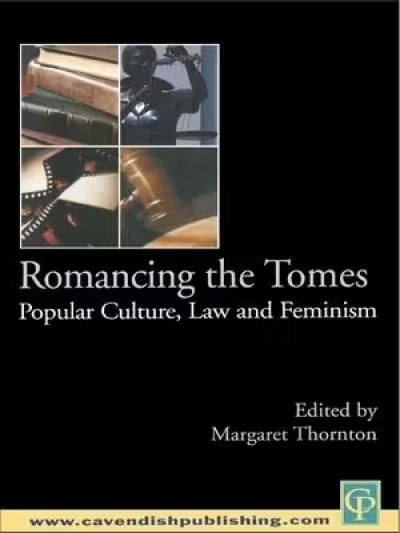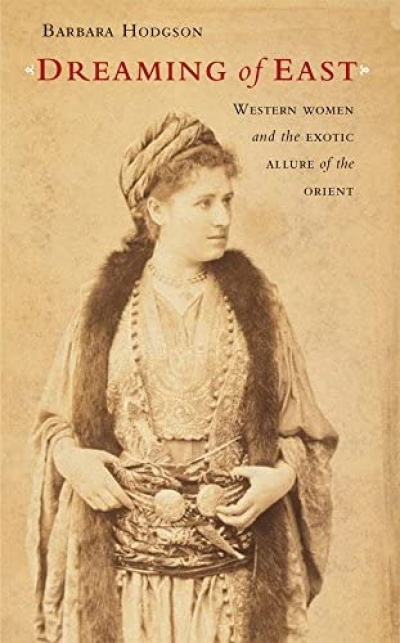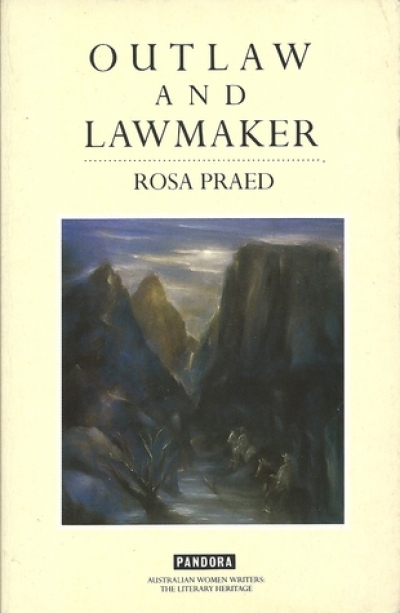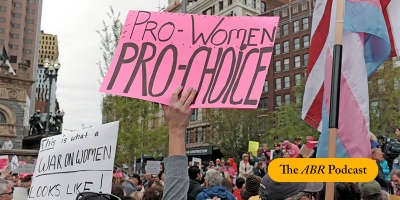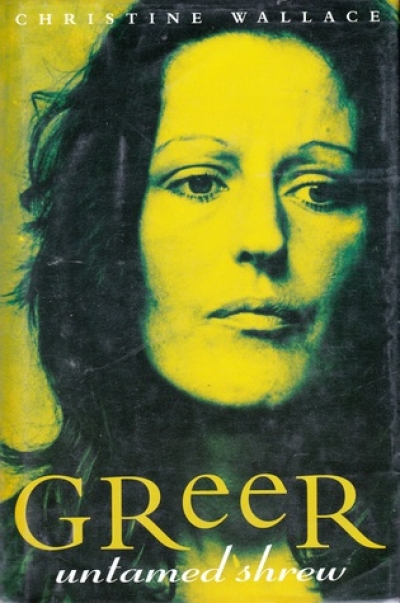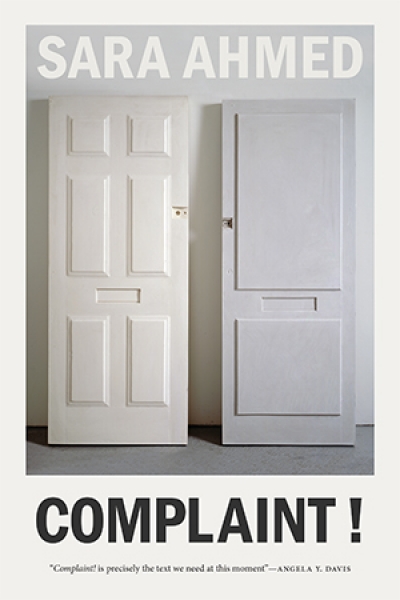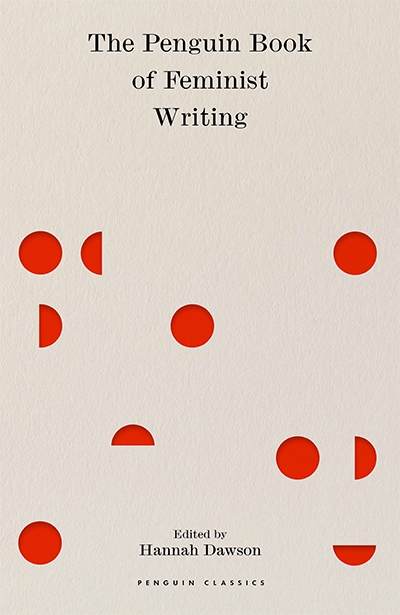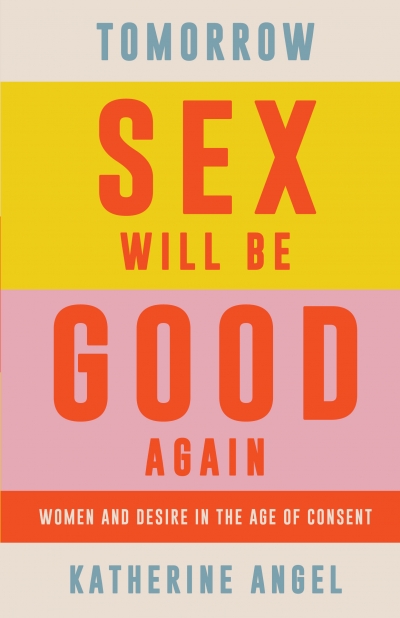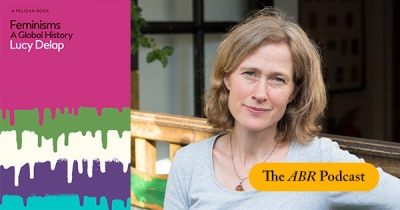Feminism
Romancing the Tomes: Popular culture, law and feminism edited by Margaret Thornton
Family and Social Policy in Japan edited by Roger Goodman & Feminism in Modern Japan by Vera Mackie
Dreaming of East by Barbara Hodgson & Women of the Gobi by Kate James
Outlaw and Lawmaker by Rosa Praed & Mothers of the Novel by Dale Spender
The leaked draft judgment in the case of Dobbs v. Jackson Women’s Health Organization, in which US Supreme Court Justice Samuel Alito proposed overturning the precedent set by Roe v. Wade, has returned abortion rights to the headlines. In this week’s episode of The ABR Podcast, Linda Atkins reads her essay, ‘Shouting Abortion’, which sets women’s right to terminations within the broader context of intergenerational poverty and the class lines of the medical profession ...
... (read more)Tomorrow Sex Will Be Good Again by Katherine Angel & Why We Lost the Sex Wars by Lorna Bracewell
Written by award-winning historian Lucy Delap, Feminisms challenges the obfuscating binaries of the 'feminist waves'. Its main focus looks into aspects of feminism that have often been in conflict or overlooked by contemporary movements. Zora Simic reviews the book for our current April issue, and describes it as ‘building on and acknowledging the work of those who came before, while bringing new ideas and energy to the task.' Listen to Zora read her full review in today's episode.
... (read more)
